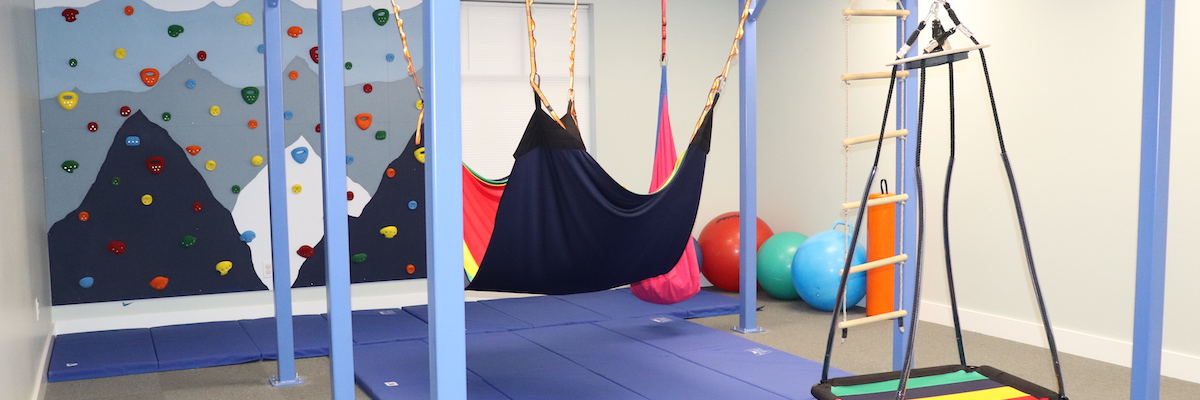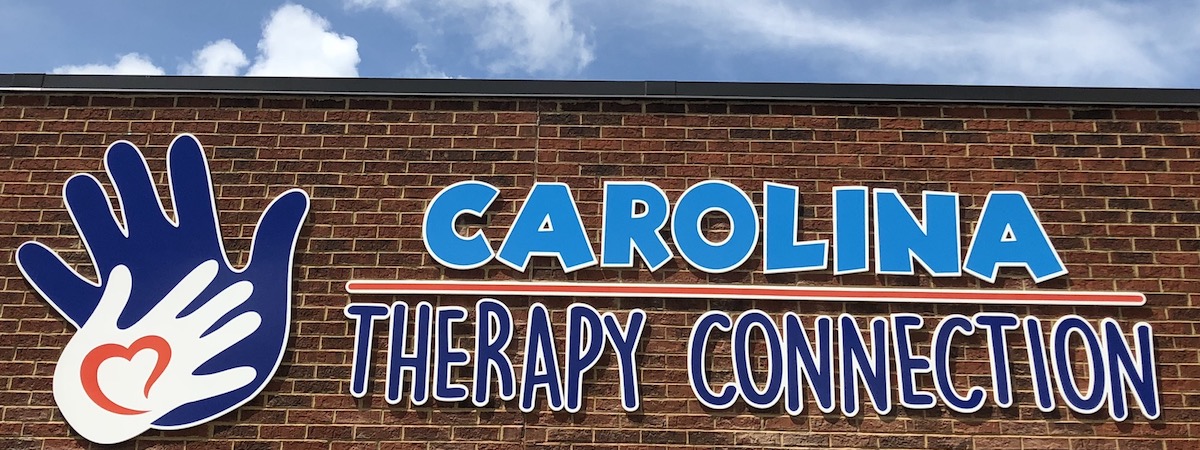Carolina Therapy Connection Strives to Meet the Demand in Eastern NC
For over 10 years, Carolina Therapy Connection has embodied a vision of being the regional leader of skilled professionals providing diverse, collaborative services for children and their families. After growing from about 25 families in the first year of the practice, to over 1600 active patients today, we continue to improve the quality of life of children in Eastern North Carolina and provide support and education to parents and families.
Over the past year, our greatest challenge has been tirelessly working to meet the demands and needs of the pediatric population within our community. After becoming the first Certified Autism Center™ in Eastern N.C., it was clear that our next priority was to expand to New Bern! This realization led us to opening a new location in New Bern, North Carolina! Despite the challenges of COVID-19, our amazing team has gone above and beyond the call of duty to provide an exceptional new clinic and prepare for the needs within and around Craven County.
About Our New Bern Clinic
Our New Bern building is 2500 square foot, accommodating for 6 huge offices for our therapists and administrative staff, and a state-of-the-art sensory gym. Our New Bern team consists of Occupational Therapists, Physical Therapists, Speech-Language Pathologists, and Educational Specialists. Currently, our team specializes in Augmentative and Alternative Communication (AAC), Torticollis, Interactive Metronome, Autism Spectrum Disorder (ASD), Feeding Therapy, Sensory Processing Disorder and many others! Having an open mind to drive innovation, we believe all our clinics should be an educational resource to provide the community with direct access to the latest research and developments in pediatric habilitative and rehabilitative services.
Through demonstrated excellence in clinical, school, and home-based practice, our therapists provide screening, assessment, consultation, and treatment in the following areas at our New Bern location:
- Sensory Integration
- Interactive Metronome ®
- Therapeutic Listening®
- Handwriting Without Tears®
- SOS Feeding Therapy ®
- Beckman Oral Motor Approach®
- School-Related Skills
- Gross and Fine Motor Development
- Early Intervention Services
- Feeding and Oral Motor Development
- Balance and Coordination Skills
- Age-Appropriate Daily Living Skills/ Self-Help Skills
- Handwriting Skills
- Adaptive Equipment Purchasing and Modification
- Articulation and Language Development
- Augmentative Communication
- Adaptive Equipment Purchasing and Modification
- Wheelchair Assessments
- Evaluations for Orthotic Devices and Equipment (AFO’s, Helmet, etc.)
Expanding Our Community Outreach Program
Our New Bern administrative staff and therapists have been working hard to reach out to the community to get as much viable information as possible. As we continue developing our community outreach plan for 2021, we are constantly updating our website resources page for in and around Craven County. We are also working hard to ensure that the pediatric offices, daycares and schools are aware of the services we provide. Over the past few months, we have sent out a community survey to better understand how we can partner with with local organizations in making a way for greater resilience within our community. Amidst the struggle of COVID-19, we have also been able to reach out to multiple locations around New Bern by email, phone call, and also by delivering goodie baskets! We are so excited to be working with all these great organizations and can’t wait to see where the future takes us!
Pictures of Our New Bern Clinic

















